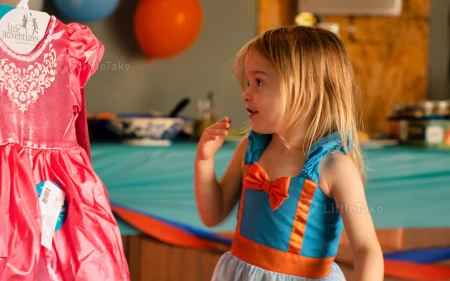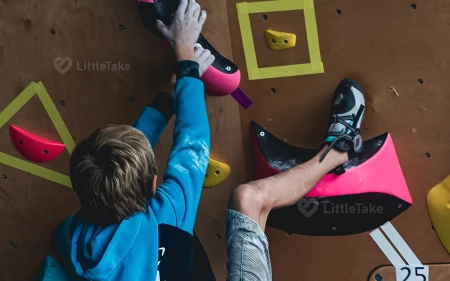
Conflict Resolution for Parents & Kids
Conflicts between parents and children are a natural part of family life. However, learning how to effectively resolve disagreements can foster a more harmonious home environment and teach valuable life skills. Here are some strategies for conflict resolution between parents and kids:
1. Stay calm and composed
When a conflict arises, it's essential to remain calm and avoid reacting impulsively. Take a few deep breaths and remind yourself that it's normal for disagreements to occur. Maintaining a composed demeanor will help you communicate more effectively and set a positive example for your child.
2. Listen actively
Before trying to resolve a conflict, make sure you fully understand your child's perspective. Listen actively to their concerns, and show empathy by acknowledging their feelings. This demonstrates that you value their opinion and helps to build trust and mutual respect.
3. Use "I" statements
When expressing your thoughts and feelings, use "I" statements instead of "you" statements to avoid sounding accusatory. For example, say "I feel frustrated when the chores aren't done" instead of "You never do your chores." This approach promotes a more constructive dialogue.
4. Focus on the problem, not the person
Keep the conversation centered on the specific issue at hand, rather than attacking your child's character or bringing up past grievances. This will help prevent the conflict from escalating and allow for a more solution-focused discussion.
5. Brainstorm solutions together
Involve your child in the process of finding a resolution to the conflict. Ask for their input and consider their suggestions. Collaborating on a solution not only promotes a sense of ownership but also teaches problem-solving skills.
6. Be willing to compromise
Recognize that you may not always agree on everything, and be open to finding a middle ground. A willingness to compromise shows your child that their feelings and opinions matter, and it can help strengthen your relationship.
7. Follow up and reinforce
After resolving a conflict, make sure to follow up and ensure that the agreed-upon solution is being implemented. Praise your child for their efforts in resolving the issue and reinforce the importance of open communication and problem-solving.
Conflict resolution is an essential skill for both parents and children, and by practicing these strategies, you can create a more harmonious home environment. Remember that conflicts can also provide valuable opportunities for growth and learning, so embrace them as teachable moments to strengthen your family's communication and problem-solving skills.













